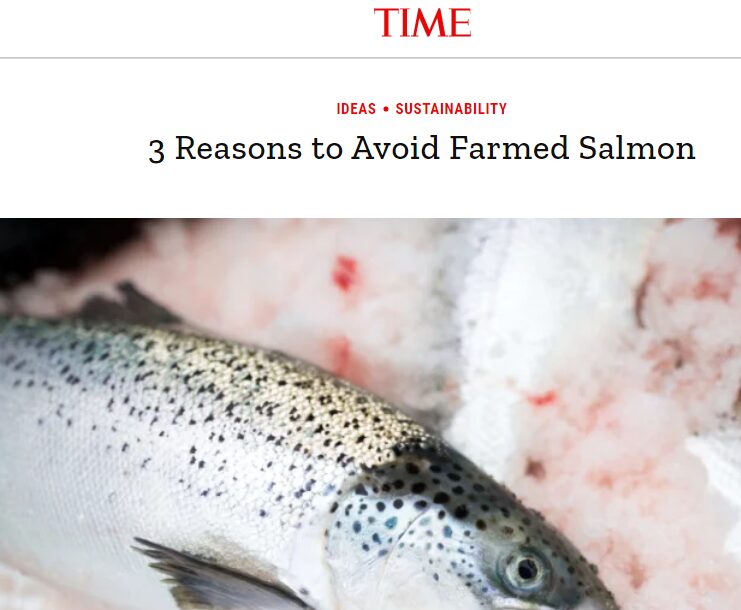 „Eins og staðan er núna vantar gagnsæi, betri reglur og nákvæmar merkingar á umbúðir eldislax svo hægt sé að tryggja heilsu okkar og heilsu plánetunnar okkar. Þangað til bætt verður úr þessu munum við taka eldislax, sem er alinn í opnum sjókvíum, af matseðli okkar og þú ættir að gera það líka.“
„Eins og staðan er núna vantar gagnsæi, betri reglur og nákvæmar merkingar á umbúðir eldislax svo hægt sé að tryggja heilsu okkar og heilsu plánetunnar okkar. Þangað til bætt verður úr þessu munum við taka eldislax, sem er alinn í opnum sjókvíum, af matseðli okkar og þú ættir að gera það líka.“
Þetta er tlvitnun í úttekt sem tímaritið Time var að birta. Greinin er afrakstur tveggja ára rannsóknarvinnu og niðurstöðurnar eru afgerandi.
Sjókvíaeldi á laxi er óboðleg aðferð við matvælaframleiðslu.
„Many experts and scientific studies cast doubt on the blanket claim that salmon should be part of a healthy diet when the fish comes from open-net farms. Some farmed salmon may be safer than other types, but consumers rarely have enough information to make that choice. Labels are unlikely to disclose that the salmon was farmed, let alone identify the chemicals used to raise it. The U.S. Department of Agriculture doesn’t even have definition for organic salmon. …
As early as 2004, scientists found levels of polychlorinated biphenyls, a probable carcinogen known as PCBs, seven times higher in farmed Atlantic salmon than in wild salmon. More recent studies found high levels of other chemicals and antibiotics in farmed salmon. Researchers at Arizona State University discovered increases in drug-resistant antibiotics in farmed seafood over the past 30 years, leading to concerns about increased risk of antibiotic resistance in humans. Toxins often wind up in salmon flesh and accumulate in people who eat the fish.
Some studies warn that a single meal per month of farmed Atlantic salmon can expose consumers to contaminant levels exceeding standards from the World Health Organization. …
Fortunately, there are alternatives. New technology, called recirculation aquaculture systems, grows the fish in closed-containment facilities on land. The fish swim in tanks filled with filtered, recirculated water and the salmon never touch the ocean, eliminating the use of chemicals and damage to the environment.
Several recent surveys show that consumers will pay a premium for products that are sustainable and don’t harm the environment. Land-raised salmon may eventually upend the global market. For now, transparency, better regulation, and accurate labels on farmed salmon are essential to ensure good choices for our health and the health of our planet. Until that happens, farmed Atlantic salmon from open-net pens is off our menu and should be off yours.“
